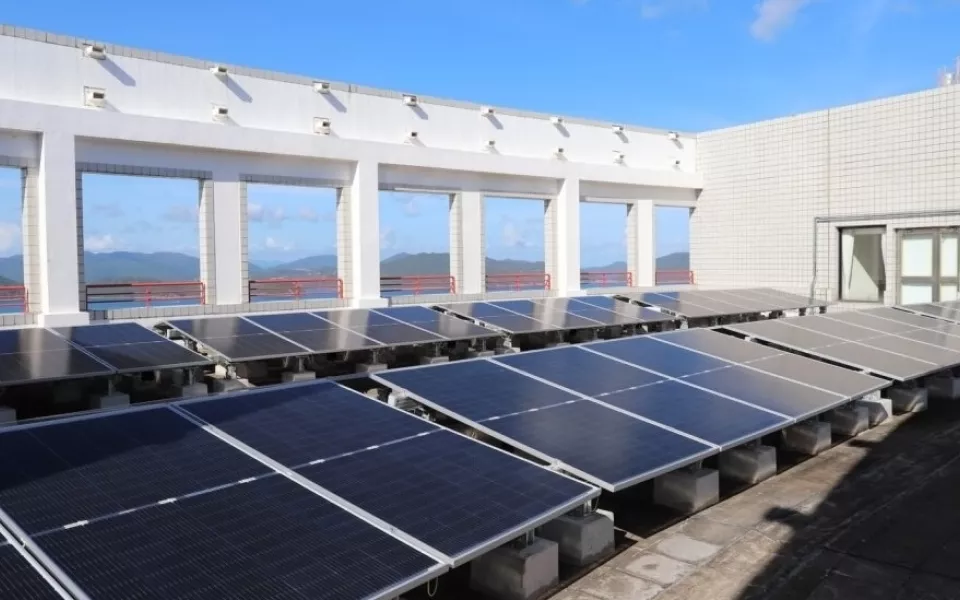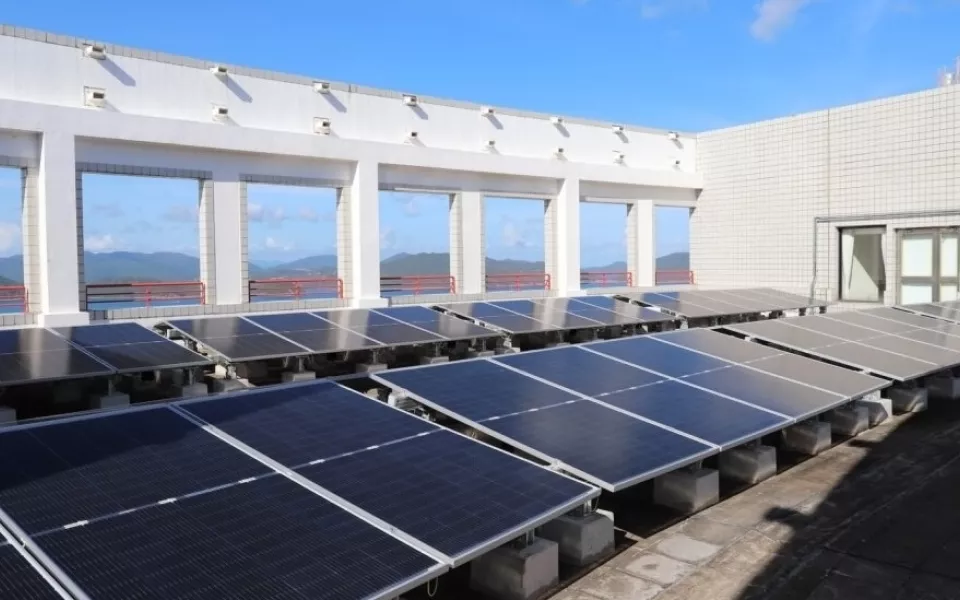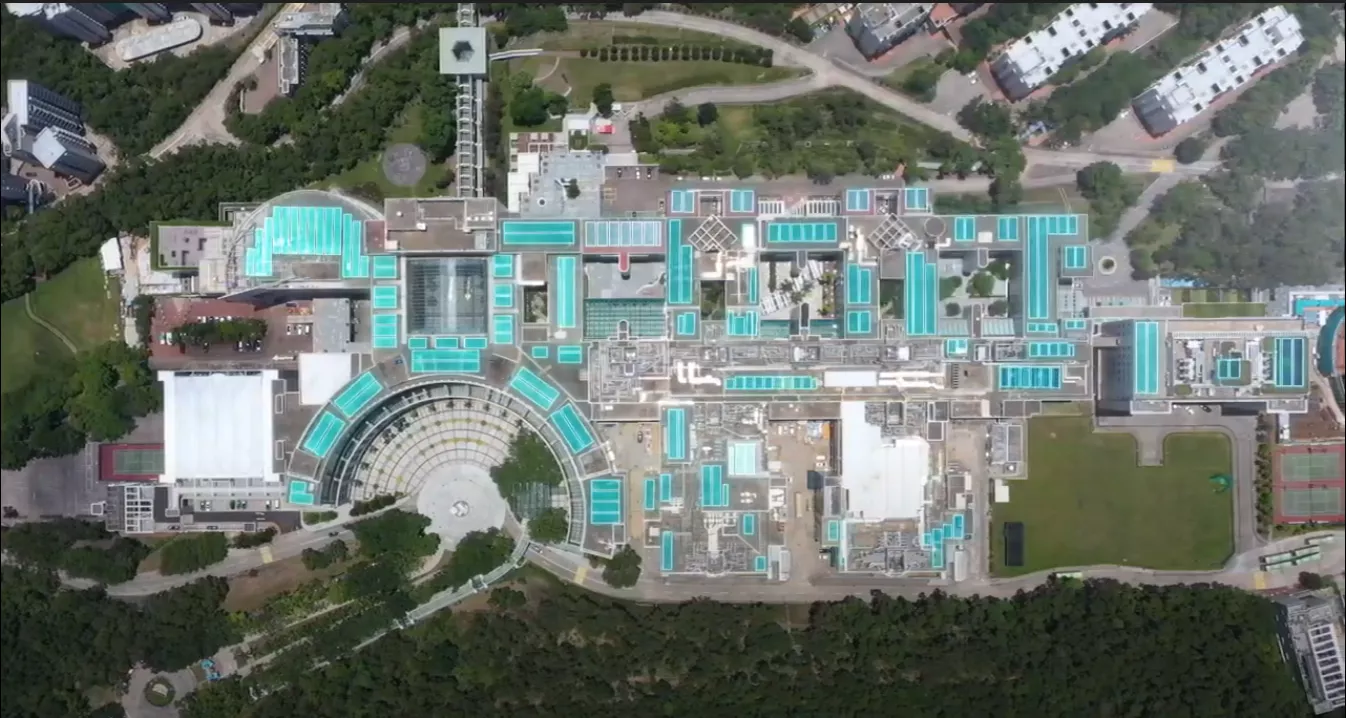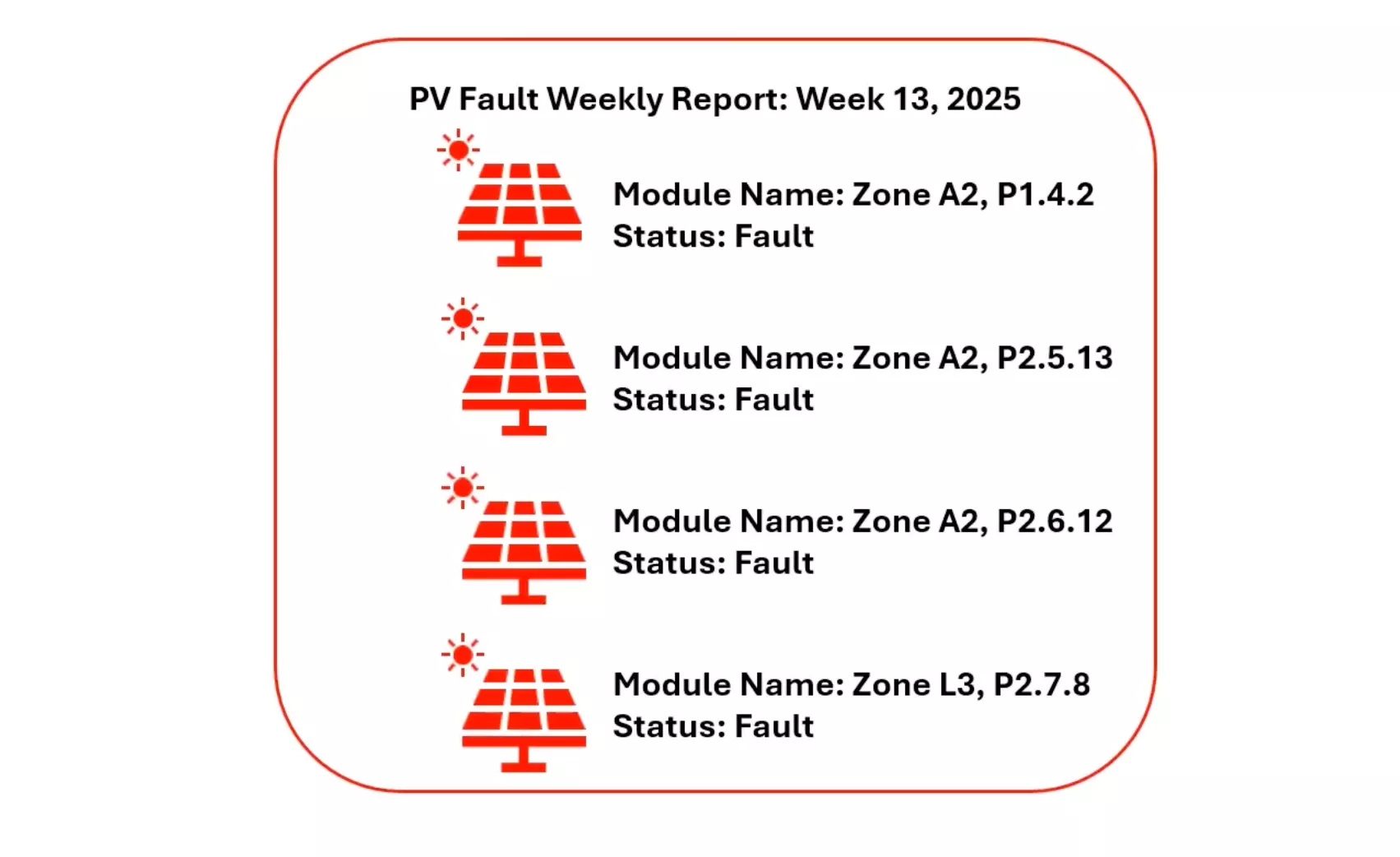Solar Panel Fault Detection

Solar Panel Fault Detection
The project aims to enhance the reliability and efficiency of HKUST’s campus-wide rooftop solar power system by developing an advanced fault monitoring and diagnosis framework. By utilizing the Brick Schema for semantic data integration and data-driven algorithms for automated fault detection and reporting, the project helps optimize energy output, improve safety, and provide hands-on educational opportunities in renewable energy and smart campus technologies.
What is the problem this project is trying to address?
The rooftop solar initiative in our campus generates approximately 3 million kWh annually. To address potential energy loss and safety risks from undetected faults, this project implements a monitoring framework that ensures timely fault detection, maximizes energy output, enhances safety, and lowers operational costs.
How does this project support our sustainable smart campus as a living lab vision?
By addressing underperforming PV panels, the project has the potential to yield an additional 50,000 kWh of electricity. Furthermore, enhancing the monitoring of PV systems reduces the risk of electrical hazards, protecting both physical infrastructure and personnel. Optimizing PV system performance leads to a substantial decrease in the campus's carbon footprint, aligning with HKUST’s commitment to combating climate change.


